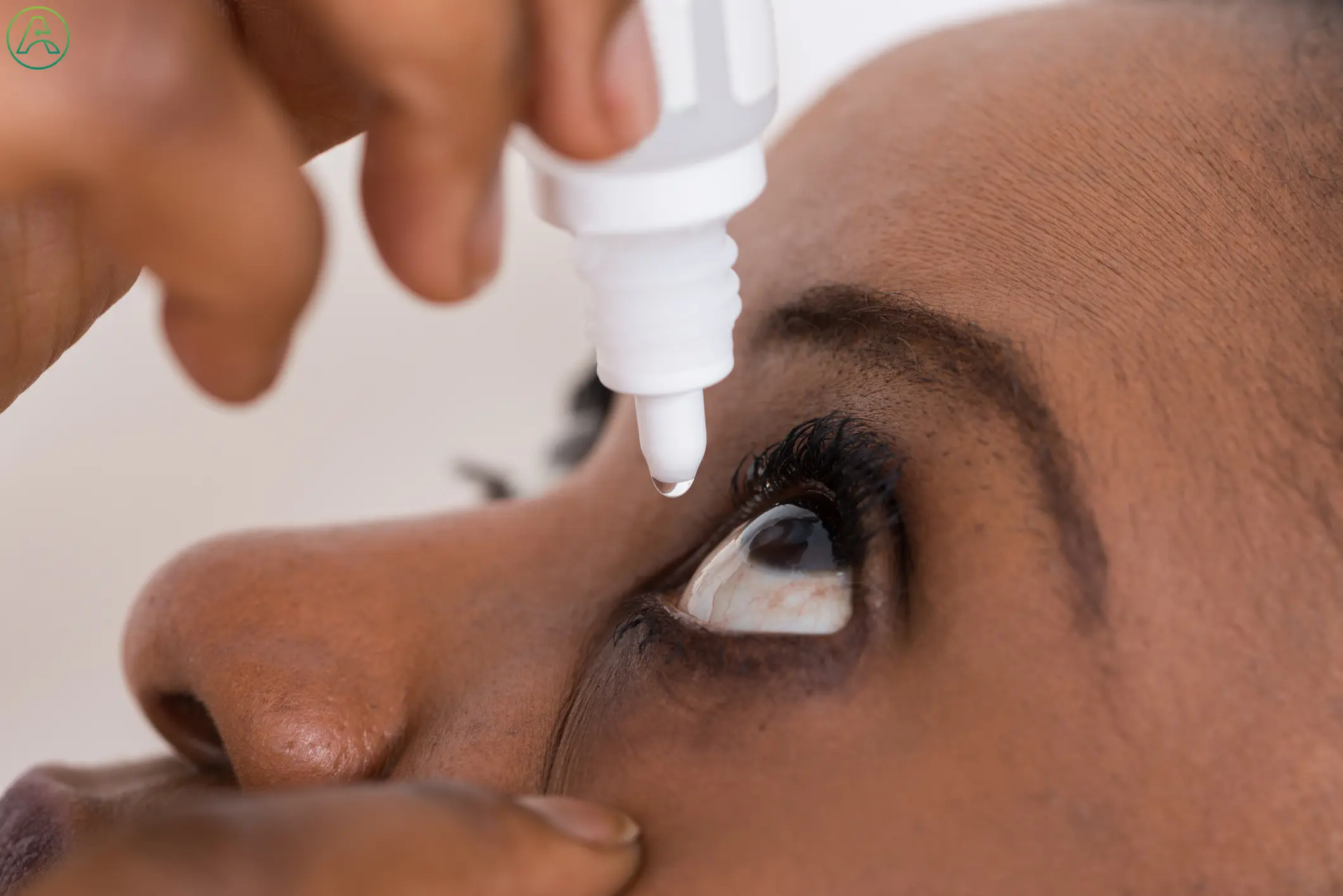It is estimated that, of the 3 million Americans with glaucoma, only half know they have it. If you or a loved one has recently received a diagnosis, this article will address your top questions, including:
How do I find service providers for glaucoma?
What lifestyle changes should a person with glaucoma make?
How can family members and friends help their loved one who has been diagnosed with glaucoma?
What changes need to be made in the home if someone has been diagnosed with glaucoma?
What treatments are available for glaucoma?
Where can I get more information about glaucoma?
How do I find service providers for glaucoma?
Ability Central offers a national database of nonprofit organizations supporting people with vision loss and eye disease. The Service Locator tool includes:
Community organizations
Medical professionals, services, and supplies
Residential care, day services, and retirement homes
Hospice options
Each provider lists their location, specialties, and target demographic. Visit the Service Locator to get started on your search today.
What lifestyle changes should a person with glaucoma make?
Lifestyle changes can help people with glaucoma maintain their vision and overall health. Some changes to get you on the right track:
Maintain a healthy diet with limited saturated fats, alcohol, and caffeine.
Stay hydrated but avoid consuming large amounts of liquid at once. This can increase eye pressure.
Stop smoking.
Get a sleep study if needed. Untreated sleep apnea may worsen glaucoma.
Alter sleep habits. Sleeping with an eye against a pillow or arm may worsen glaucoma.
Exercise several times per week following a doctor’s recommendations.
How can family members and friends help their loved one who has been diagnosed with glaucoma?
A glaucoma diagnosis can be a shock for the person who was diagnosed and their loved ones. Communication is essential. The person with the diagnosis must communicate what help they want so they can maintain their independence.
Your community could offer assistance in these areas:
Running errands
Making and taking the person to appointments
Helping with meals and house cleaning
Encouraging social activities and outings
Is it important to remember to always ask before assuming someone wants or needs assistance.
What changes need to be made in the home if someone has been diagnosed with glaucoma?
As peripheral vision worsens, changes need to be made in the home to maintain safety and independence. Changes may include:
Mark boundaries such as doorways, drawers, counters, and table edges with colored tape or paint.
Organize commonly used utensils and appliances in areas where they are easily accessible.
Offer magnifying devices for reading and paying bills. If eye reading becomes too difficult, consider audiobooks and online audio readers.
Provide a cell phone specifically designed for people with vision impairment.
The Ability Central Portal has library of devices with a wealth of accessibility data. Try it out today to find a device that works for your changing vision needs.
What treatments are available for glaucoma?
Glaucoma has two primary treatment options: medication and surgery.
Glaucoma surgery, called selective laser trabeculoplasty (SLT), is often a first-line treatment for open-angle glaucoma. Some people can have their eye pressure controlled with SLT alone. Others also require glaucoma medications or additional surgery.
Glaucoma medication usually comes in the form of eye drops. These include:
Alpha agonists, beta-blockers, and carbonic anhydrase inhibitors work to reduce the amount of fluid the eye produces.
Miotics make the pupil smaller to increase the amount of fluid draining out of the eye.
Prostaglandin analogs increase the drainage of fluid out of the eye.
If neither SLT nor eye drops help, a traditional incision surgery may be necessary. Filtering surgery adds a drainage hole in the eye to allow fluid to flow out.
Where can I get more information about glaucoma?
For glaucoma-specific information, see:
Information on other vision-related disabilities and diseases is available in the Ability Central online library.



